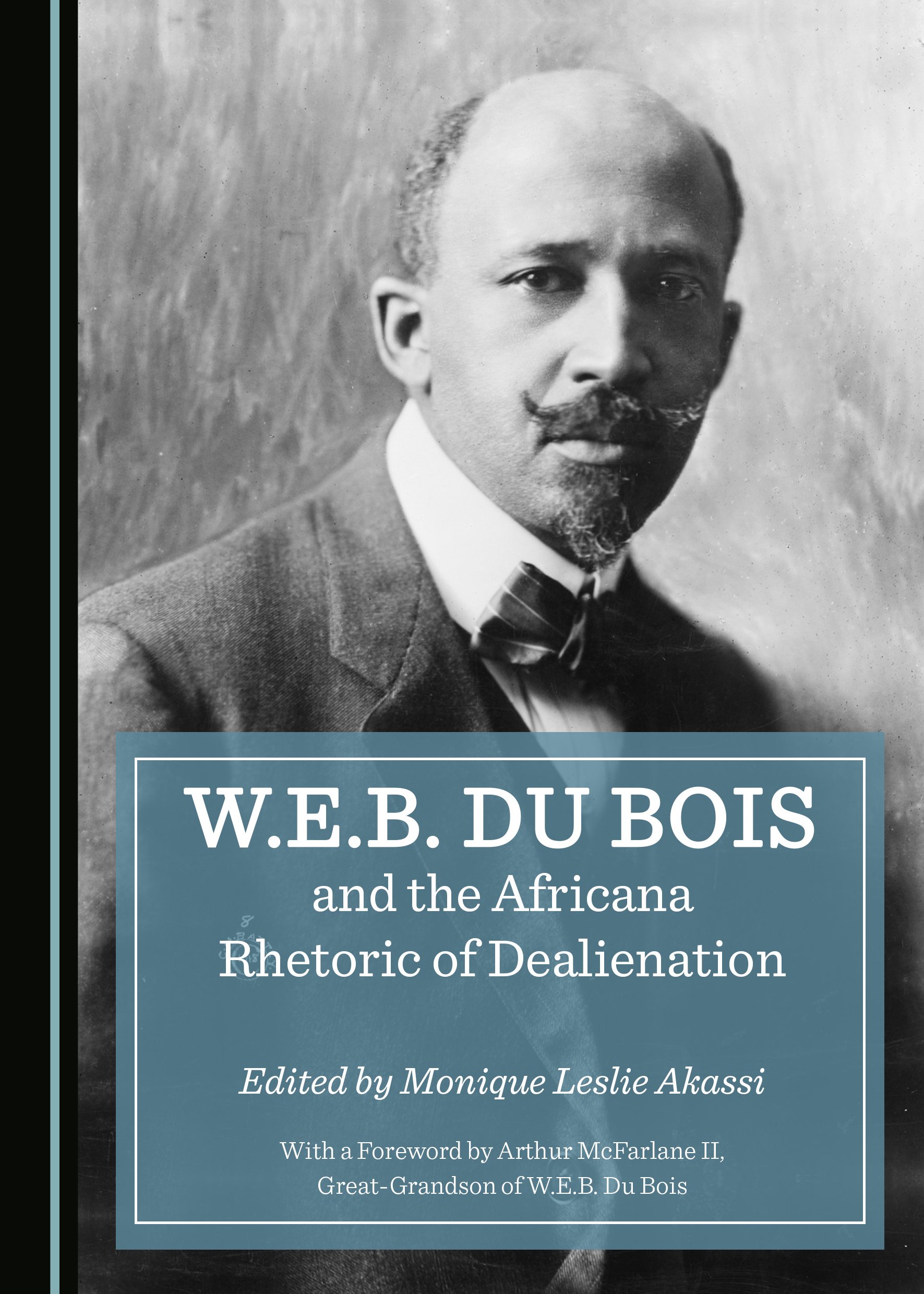W.E.B. Du Bois and the Africana Rhetoric of Dealienation
As the rich words from the African proverbs resonate into the twenty-first century regarding the importance of identity and telling the stories of people of African descent through the eyes of the people, the grand rhetorician and griot of the twentieth century Dr William Edward Burghardt Du Bois’s infamous problem remains so today – “the problem of the colour-line.” After the election of Barack Hussein Obama, the first African American president of the United States; after the Civil Rights Movement; after Brown versus the Board of Education; after the students’ right to their own language; after Plessy versus Ferguson; and the murders of innocent, young African American males, including Emmett Till, Timothy Thomas, Trayvon Martin, John Crawford III, Tamir Rice, Jordan Davis, Eric Garner, and Mike Brown, people of African descent are still battling with being labelled a “problem in one’s own country” while the USA continues to strive for a post-racial era. W.E.B. Du Bois’s rhetoric and motives in general are more relevant today than ever in reassessing what he so eloquently describes and unveils through the phrase “double consciousness” in Souls of Black Folk (1903), through which he reveals the feeling of a problem.
This ground-breaking volume, featuring contributions from W.E.B. Du Bois’s great-grandson, Arthur McFarlane II, among others, is organized into three parts. Part I focuses on the foundation of Du Bois’s Africana Rhetoric through the origins of Africana Studies, Pan Africanism, and Africana Critical Theory. Part II focuses on Du Bois’s rhetorical strategies and rhetorical analyses in his scholarship and life. Part III focuses on gender and sexuality in Du Bois’s selected works. This work, the first of its kind devoted exclusively to Du Bois’s rhetoric and motives—can serve as a blueprint for today as the struggle toward a post racial society continues.
Monique Leslie Akassi received a PhD in English Composition and Rhetoric from Morgan State University, USA, and an MA in English Composition and Rhetoric from Wright State University, USA. She completed postdoctoral work at Harvard University’s Graduate School of Education, earning a Certificate in Management and Development and a Certificate in Women in Education Leadership. She is Department Chair of Languages and Literature, Associate Professor of English Composition and Rhetoric, and Director of Learning Communities at Virginia Union University, USA. Her publications include Neo Hybrid Pedagogy in Postcolonialism Composition and Postcolonial Composition Pedagogy: Using the Culture of Marginalized Students to Teach Writing. In addition, she is the President and founder of the Africana Critical Composition and Rhetoric Association (ACCRA).
There are currently no reviews for this title. Please do revisit this page again to see if some have been added.
Monique Leslie Akassi
Abdul Karim Bangura
Derrais Carter
Belinda Cummings
Carrza Dubose
Rondee Gaines
Ronald Kuykendall
Reiland Rabaka
David Reed
Robert Williams
Buy This Book























